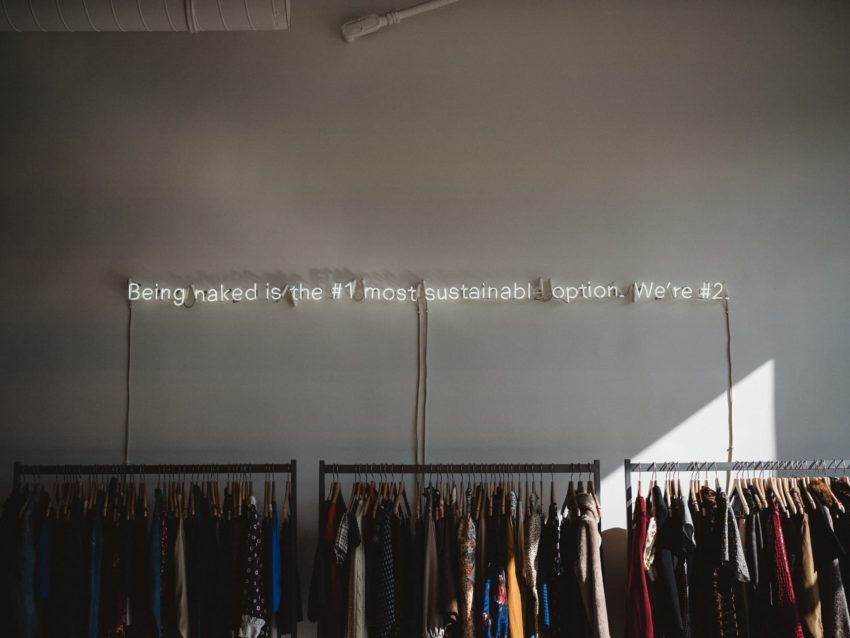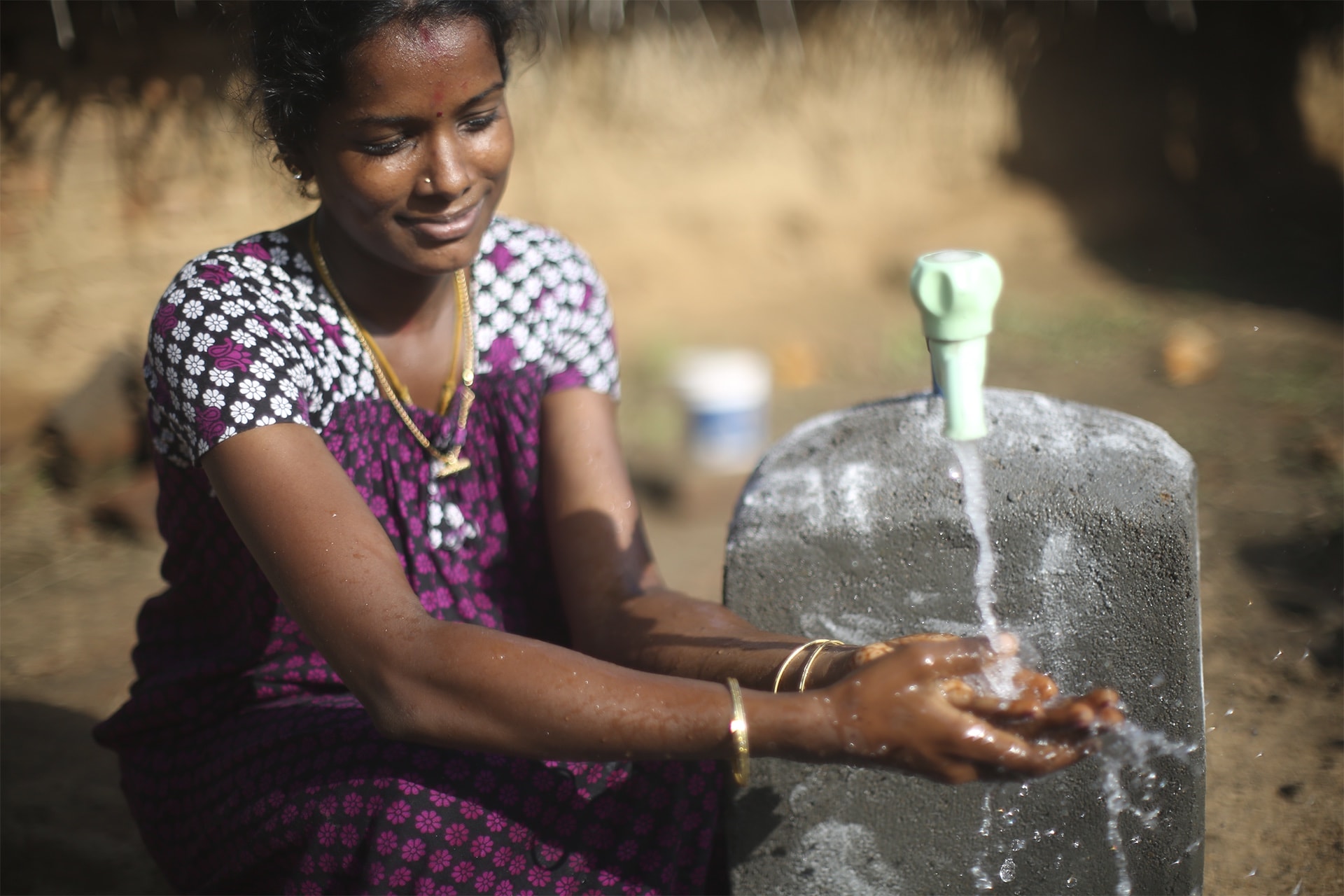Editor’s Note: This article is by Leila Yim Surratt the Director of Strategy and Engagement at P4G. P4G is a global initiative that accelerates pioneering market-based partnerships to unlock investment opportunities that can advance progress on the Sustainable Development Goals.
Progress on the Sustainable Development Goals requires coordinated action from stakeholders across government, business, and civil society: ensuring policy supports investment which furthers innovation. The SDGs are also critical components encouraging diverse approaches for the global economy and communities everywhere to “build back better and greener” following the devastation brought on by COVID-19. The P4G initiative accelerates partnership-driven business models to deliver on key climate and sustainable development goals by mobilizing a strong and diverse network of country partners, corporate leaders, and civil society.
Our network currently comprises 12 partner countries (Bangladesh, Chile, Colombia, Denmark, Ethiopia, Indonesia, Kenya, Mexico, the Netherlands, the Republic of Korea, Vietnam and South Africa) six global organizations (C40 Cities, Global Green Growth Institute, International Finance Committee, World Economic Forum, World Resources Institute, and UN Global Compact), and corporate leaders who shepherd the P4G Way by organizing with partnerships in local contexts.
P4G’s impact model hinges on mobilizing our network to accelerate concrete partnerships to create market-based, green solutions, and deal flow for tomorrow. Our ultimate success is to achieve commercial viability for these new business models while scaling their impact through knowledge sharing of these new market solutions.
The Circular Fashion Partnership, which was awarded P4G funding earlier this year, provides an excellent example of how a dynamic network supports and accelerates the ongoing success and applicability of a partnership’s work, supporting “build back better and greener” principles.
The Circular Fashion Partnership, led by the Global Fashion Agenda and Reverse Resources, originally planned to focus on promoting recycling in the fashion supply chain in Bangladesh. Then COVID-19 hit and their plan evolved with the active involvement of the P4G network. Now, the partnership is actively involved in supporting the economic recovery from the virus, which includes solution-building around the more than $3 billion USD of order cancelations that hit the industry – especially Bangladeshi factories and workers – especially hard.

To shepherd this evolution, P4G worked with the Circular Fashion Partnership and government representatives from Bangladesh’s local P4G network to develop a path forward to reach factories, recyclers, and major fashion brands to create textile recovery options. Given that ready-made-garments are the country’s primary export, the economic resilience of this sector is critical to Bangladesh’s economic recovery, further underscoring the level of cooperation that P4G is building through its country partners.
Over the course of the partnership, the P4G network will connect with partnership leaders to use circular economy principles to recycle, re-use or re-direct textile waste back into the supply chain, avoiding incineration and dumping into landfills. The new solutions created through the partnership will create long-term adjustments to address deadstock inherent to current textile manufacturing processes. Ultimately, this will lead to a significant – perhaps tenfold — increase in value-capture of the waste materials, and a potential 15% reduction in carbon, water footprint, and waste entering landfills, as well as a 20% increase in clothing made from 100% recycled materials.
RELATED ARTICLES: Tapping Into Africa’s Energy Potential |Partnership-Driven Business Models for Sustainably Driven COVID-19 Recovery in Decade of Action and Delivery |Public-Private Partnership in Education: How Liberia is Forging Ahead |Multistakeholder partnerships: How do they contribute to food security and nutrition? |Human Rights, Technology and Partnerships |The Rainforest Alliance: A Global Partnership for a More Sustainable Future
P4G has more than 50 partnerships working across key sectors, including food, water, energy, cities, and the circular economy. These partnerships – along with leaders across and beyond the P4G network of partner countries and organizations – will come together at the P4G Summit in 2021, hosted by the President of South Korea in Seoul.
The P4G Seoul Summit will gather CEOs, Heads of State, and other leaders in government and civil society to accelerate collective action on the SDGs. The Summit will be about the steps the global community is taking to achieve green growth through partnership. South Korea’s ambitious green economic recovery plan shows how government stimulus can be based upon “build back better and greener” principles and serve as a model for all Summit participants from governments and organizations worldwide.
P4G provides an opportunity to join up economic, climate, health, social, and investment agendas through concrete solutions around innovative financial instruments, investment in sustainable infrastructure, and reimagining demand and supply chains. As P4G partnerships and their international impacts continue to grow and shape sustainable development progress, the P4G network will continue to provide a model for ongoing, cross-sector, multi-regional collaboration in pursuit of a better world.
Editor’s Note: The opinions expressed here by Impakter.com contributors are their own, not those of Impakter.com








